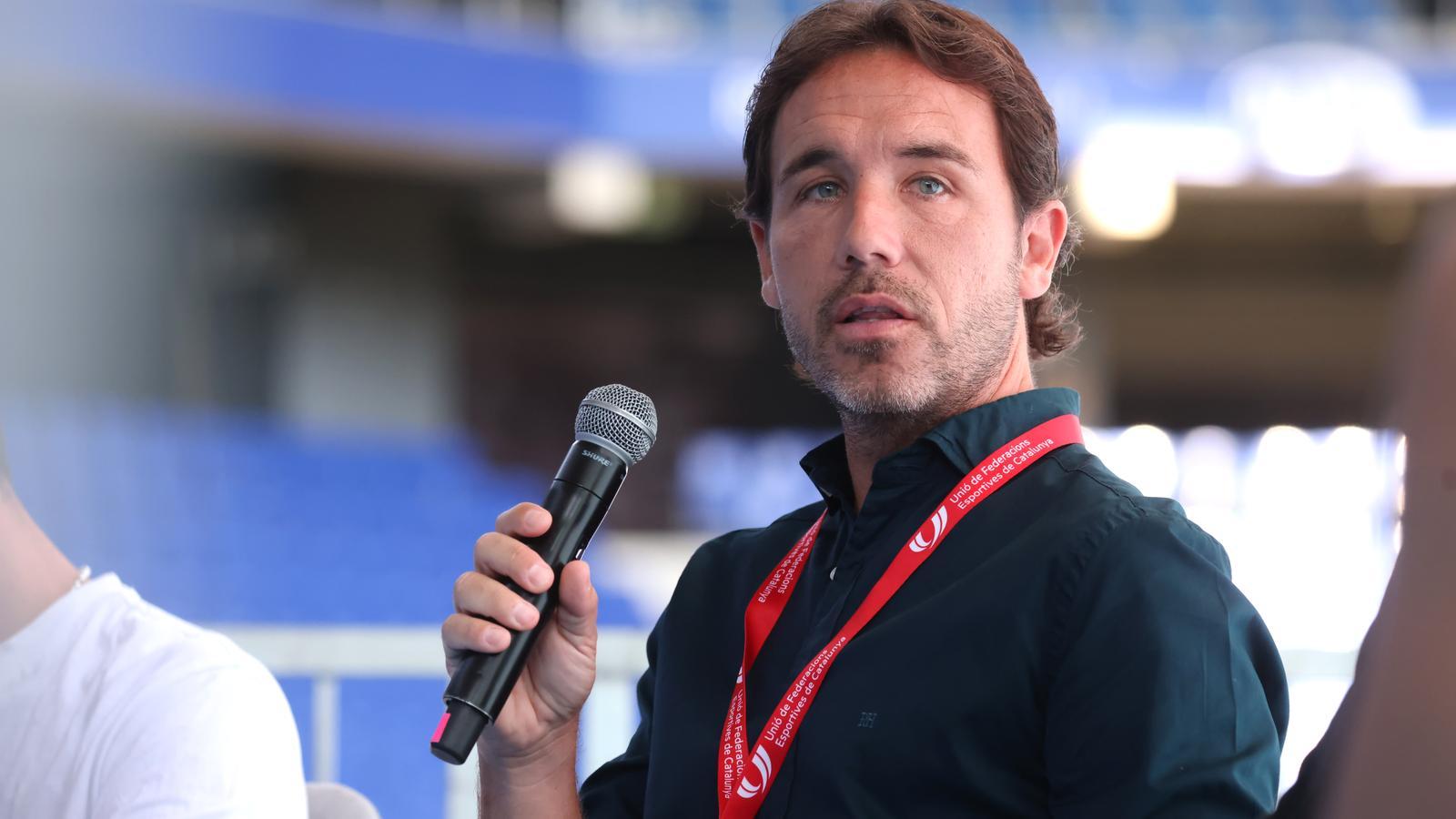"When we went out to warm up, our own fans insulted us."
Joan Verdú explains how he overcame a very distressing situation when he was a Betis player.


BarcelonaFormed in the youth ranks of Barça, Joan Verdú made his name at Espanyol. His four seasons with the blue and white club were highly successful, which caught the attention of Betis. His signing for the Seville team took him out of his comfort zone. "The fans went from asking me to play for the national team to criticizing me. The situation went from grim to dark in a short time. It's hard to swallow. In the end, you have to put things into perspective because it's all about sport. I understood that the role of a sports psychologist is essential."
The poor sporting results soured the atmosphere. "I had a very negative experience in Seville, when we were relegated with Betis in the Second Division. The last three months were very tough. When we went out to warm up, our own fans insulted us. It was a very difficult situation. I needed to explain how I felt and what I was going through. I was looking for ways to react," explains Verdú.
"Andalusian fans are very demanding. When things are going well, they treat you like a hero. When things go wrong, it's very difficult. I learned to live with the boos, but in the end, the situation affected my family. I asked my children and my wife not to go to the field. Walking with them on the street, I also received insults. I still enjoyed football, but they were very tough times.
The world of football has evolved a lot. "Years ago, mental health issues were taboo. The concern existed, but we didn't find the tools to address it. When I played, the role of sports psychologist wasn't as established as it is now," he acknowledges. According to the former footballer, external pressure is difficult to manage. "Living with criticism is very difficult, and they have to teach you how to do it. As footballers, we need someone who, when things go wrong, sheds some light and gives us a different perspective. When you're in a negative cycle, the easy thing to do is shut yourself away and let it all go," he adds.
"Social media is another aspect to analyze. As athletes, we must be prepared because we can receive criticism at any moment. It takes a step from receiving positive comments to thousands of negative messages against us. Knowing how to live with them is essential," he points out.
Joan Verdú also faced another difficult situation. "When I was a player for Espanyol, we went through a very difficult time: the loss of Dani Jarque, who was the great captain. We needed help because we were left without a figure who was very important to us. It was very difficult for us, but we received help. It was at that moment that I realized the importance of a sports psychologist," he recalls.
Athletes often feel alone and unprotected. "When Bojan was going through a bad time, those of us who were around him weren't aware of it," warns Verdú. The former player has begun a new chapter as a coach. "I'm going to die as a footballer. When I quit, I spent three or four months not knowing what to do with my life. Now I want to be a coach to stay close to football, which is what life has given me," he asserts.
"Last season I brought a youth team from Girona, and you have to know how to manage their issues, which are different from those of a senior team. Having specific figures who deal with mental health issues is important to remove some obstacles," says Verdú, who is satisfying his footballing itch by playing in the Kings League.
